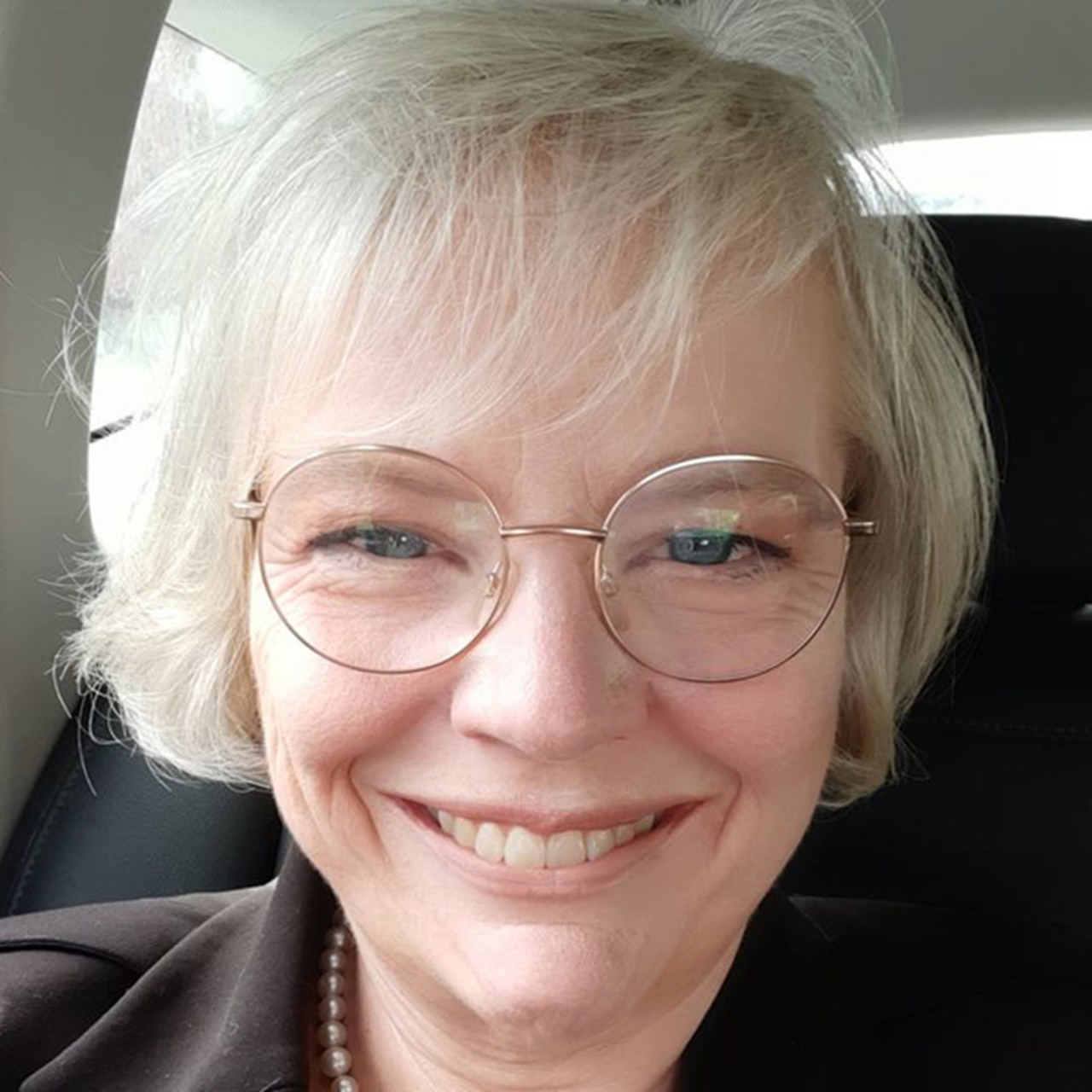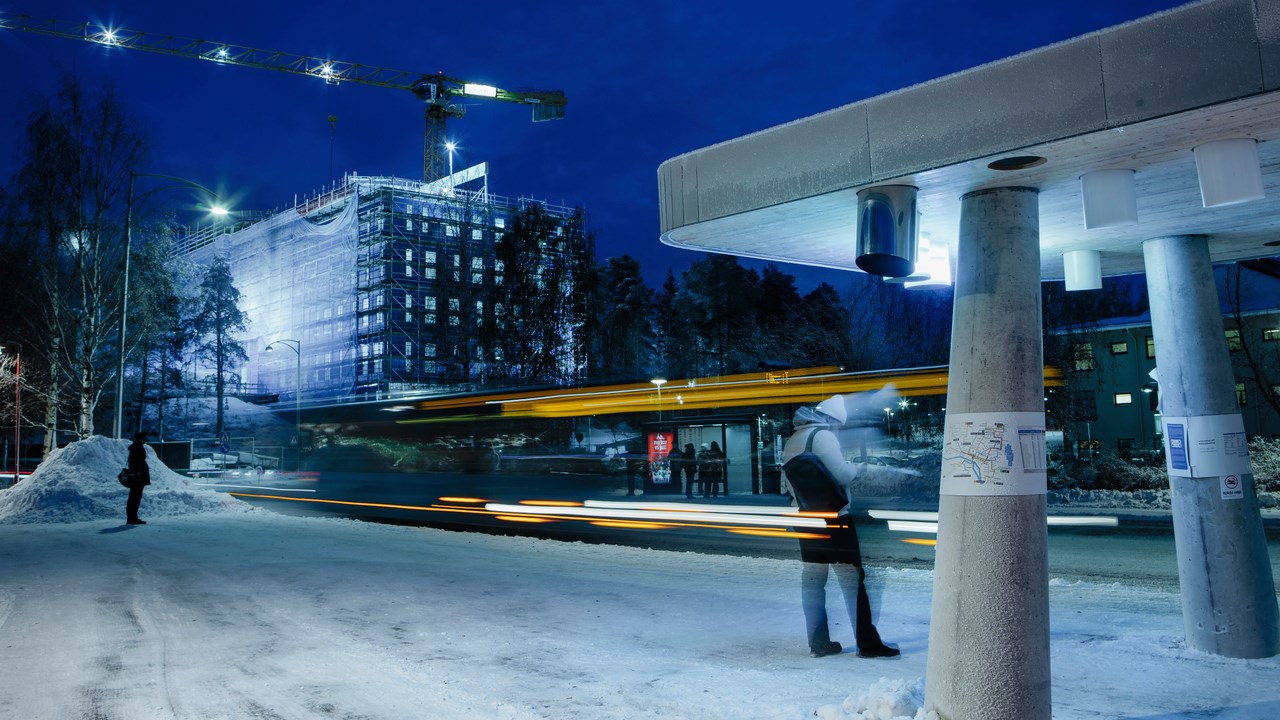Maria Nordin’s five tips for managing the darkness
• Take a daily walk in the daylight, preferably before lunch, even if it is cloudy.
• Live your life on regular schedules as much as possible. Wake up and go to bed, eat meals, take walks and so on at the same times each day.
• Maintain your routines, including exercise and socialising.
• Work with your attitude during the dark period. It is what it is and it will pass. Stop expecting so much of yourself.
• Embrace the darkness and see it as something that is cosy. Light a candle, watch a movie, take a hot bath. Consider the darkness as a period for rest and recovery.



